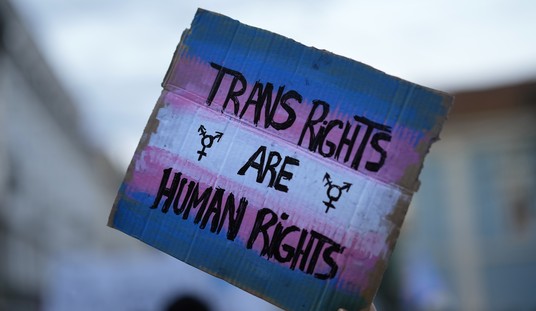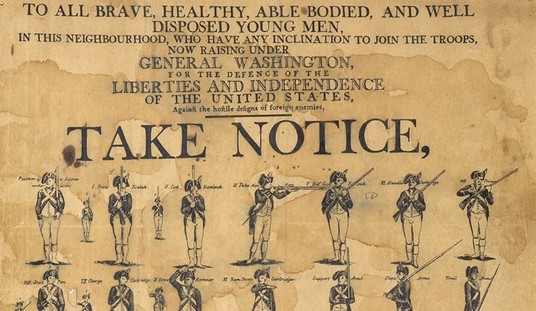 My good buddy Streiff penned a great piece yesterday, about the recent Supreme Court Decision regarding Civil Asset Forfeiture (CAF).
My good buddy Streiff penned a great piece yesterday, about the recent Supreme Court Decision regarding Civil Asset Forfeiture (CAF).
In it he describes how by binding the 8th Amendment to “Incorporation Doctrine,” the justices voted 9-0 to overturn an Indiana Civil Asset Forfeiture case. This is all well and good, but “Incorporation” was the low hanging legal fruit here. Look at the text of the 8th Amendment,
“Excessive bail shall not be required, nor excessive fines imposed, nor cruel and unusual punishments inflicted.”
Note, there are no caveats in that phraseology. There are no modifiers to “Shall not;” It means by anybody or anything. This easily settles the incorporation question. I’m actually surprised that this hadn’t been dealt with previously with respect to the 8th Amendment. It’s a no-brainer.
The Supreme Court however, didn’t really define what is actually “excessive,” perhaps adhering to the philosophy in a 1964 statement by former United States Supreme Court Justice Potter Stewart to describe his 1964 threshold test for “obscenity.”
I shall not today attempt further to define the kinds of material I understand to be embraced within that shorthand description [“hard-core pornography”], and perhaps I could never succeed in intelligibly doing so. But I know it when I see it, and the motion picture involved in this case is not that.
This leaves a lot of room for further judicial dispute. In short, the Supremes got close to the right answer, the wrong way.
My good friend Streiff, disagrees, saying in his summation,
It is hard to overstate just how important this ruling is. It clearly sets the groundwork for successful attacks on civil asset forfeiture everywhere. The fact that the decision is 9-0 means there is limited ability to skirt it. Now it is a matter of time until it simply becomes too expensive for law enforcement agencies to engage in an action that is guaranteed to land them in court with a very, very weak hand.
In one aspect, I agree. Anytime we can get the Feds out of local stuff, that’s a winner—except of course, when it comes to personal rights and liberties. Having said that, 10 years experience in local law enforcement tells me that this decision ignores the vast majority of CAF actions; Actions which occur in that middle ground between “easily seen to be excessive,” and “so paltry as to be invisible.”
It also ignores how local law enforcement thinks. There will be calculations by every agency in order to determine their own position, where the balance point or spread is. “Spread” being the monetary difference between the offense ($10.00 bag of weed) and the confiscated property (50K Range Rover) that won’t result in a court case, but will add to the agency’s coffers. This will result in some agency procedural changes, but the unconstitutional shakedowns will continue. It will be just a matter of each agency determining just how much they can get away with confiscating, without risk of a civil suit.
The issue here isn’t that they are “excessive,” rather that the general tenet of U.S. Law, is that the government (incorporation says, at local and state, as well as federal) must prove its case BEFORE something bad happens to you. This is what the Highest Court needs to address. Current Civil Asset Forfeiture processes posit that the government may seize your property first and you must prove you are innocent in order to get it back later, maybe. This upends our whole way of judicial thinking. This “confiscation before conviction” doctrine has to stop.
Mike Ford is a retired Infantry Officer who writes on Military, Foreign Affairs and occasionally dabbles in Political and Economic matters.
Follow him on Twitter: @MikeFor10394583
You can find his other Red State work here.
https://redstate.com/darth641/













Join the conversation as a VIP Member